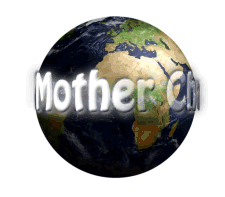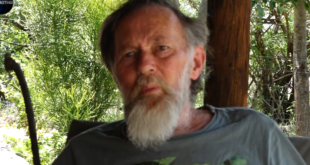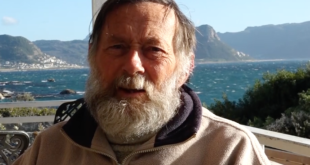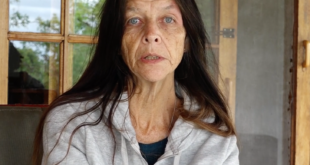In the heart of the untamed African wilderness, John Turner and Judy engage in a profound discussion amid the serene ambiance of the Great Kruger. Surrounded by the sounds of nature, from the playful chatter of starlings, they reflect on the invaluable lessons that the wilderness imparts.
The conversation unfolds against the backdrop of the sprawling landscape, where Springbok and Impala, adorned with magnificent horns, roam freely. The couple observes the delicate balance of nature, discussing the intricate dance between herbivores and predators. As they delve into the ecological nuances, John and Judy emphasize the significance of coexistence, pointing out the challenges posed by rigid human constructs such as fences.
Reflecting on the historical transformation of the region, John shares insights into the removal of fences, allowing for the free movement of elephants across the land. The narrative weaves through the greater Kruger area, where farmers relinquished their boundaries, fostering a harmonious relationship between wildlife and humans. The once restrictive fences, symbols of ownership, have given way to a broader expanse where animals can reclaim their ancestral paths.
The discussion expands beyond the local context, touching upon global issues. They express concern about the destructive forces of corporatocracy, citing examples of how powerful entities control resources, from energy to weaponry. The dialogue takes a somber turn as they address the plight of communities in conflict zones, drawing parallels between the struggles faced by Palestinians in Gaza and the preservation of land in Africa.
A recurring theme emerges – the impact of private ownership on nature and community. John passionately advocates for a shift away from the divisive notion of private property, especially in the context of natural resources. He draws parallels between the communal harvesting of Marula trees, fostering unity and cooperation, and the oppressive restrictions faced by olive farmers in Palestine.
As the conversation unfolds, the couple grapples with the ethical dilemmas posed by modern society. They confront the insidious influence of powerful corporations, decrying the destructive legacy left by the military-industrial complex. The narrative culminates in a call for collective action against oppressive systems, urging individuals to question the status quo and consider alternatives.
In the midst of the African wilderness, John Turner and Judy engage in a thought-provoking dialogue, navigating through the complexities of human-nature relationships, global power dynamics, and the urgent need for a more harmonious existence. Their exchange serves as a poignant reminder of the delicate interconnectedness of all life forms and the responsibility humanity bears in preserving the beauty of the natural world.
 Mother Channel Environmental, climate change news and media.
Mother Channel Environmental, climate change news and media.



